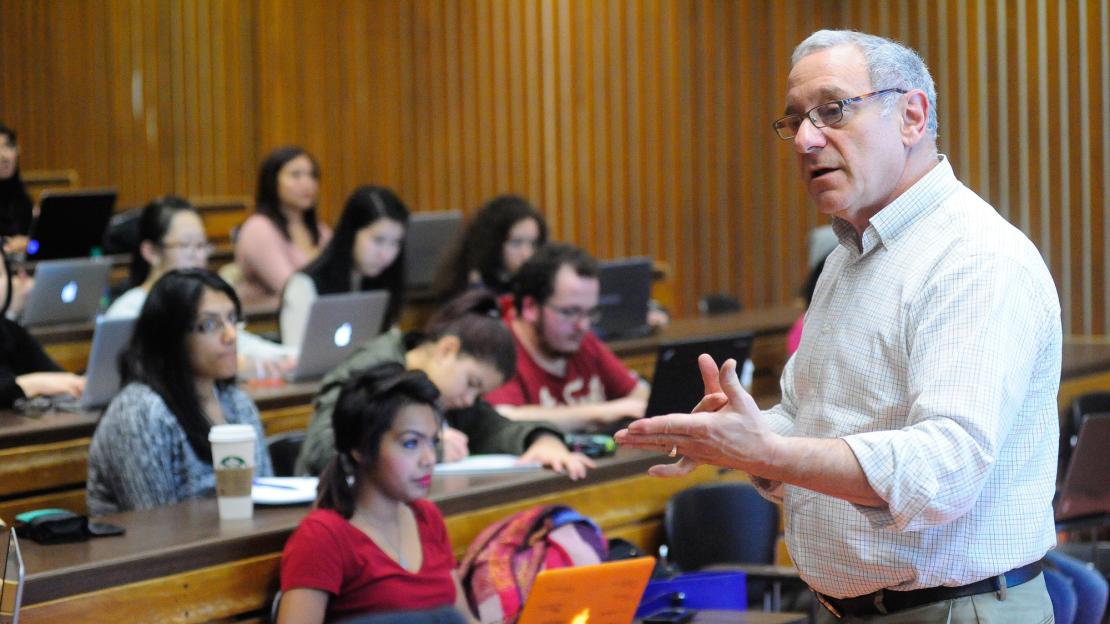There’s been a lot of talk about a “new normal” resulting from the global pandemic, but no one knows for sure what that will look like.
Analyzing where we are headed is the purview of Psychology Professor Gerald Cupchik, who together with his interdisciplinary team from several universities, is researching individual and collective mental health, resilience, and what sort of changes people fear and expect.
Cupchik’s work is influenced by the theories of behavioural scientist and Nobel Prize winner Daniel Kahneman. The Princeton University psychology professor became known for exploring how people make decisions, and why people make errors in their reasoning process. In his book Thinking Fast and Slow, Kahneman distinguishes between two types of thinking: fast, instinctive and emotional, and slow and deliberative.
By analyzing people’s emotion in various fields: the Twitterverse, educational institutions and in response to public health campaigns, Cupchik hopes to understand better how people are coping, what type of thinking (fast or slow) they are using to manage the crisis, which could be a predictor of what is to come, he says.
Over the next year, he will work with Valerie Damasco, a postdoctoral researcher at Ontario Institute for Studies in Education; Elsa Klosses, a teaching nurse at Scarborough; and Antony Chum, a professor of health sciences at Brock University. The team will gather data through questionnaires and in-depth interviews at educational institutions, workplaces, and an analysis of tweets to understand how people are processing the many changes caused by the pandemic, whether they feel overwhelmed, and what percentage of the time they feel this way.
In psychology speak, “feeling overwhelmed” reflects more than difficult and big emotions; cognitive overload impacts how we make decisions, and the extent to which a brain can assess all the factors involved, and look to the future, instead of merely reacting to the anxiety-producing situation.
The pandemic has given us many reasons to be anxious: thousands of deaths, millions of people sick, job losses, economic recession, and social and economic uncertainty. Being able to plan and contextualize what is happening around us is one of the measures of individual and community resilience, Cupchik explains.
A snapshot of what is happening right now can help us understand where we are headed, and what sort of interventions are needed so people can make good decisions for their futures. “What we’re trying to grasp is the extent to which people are aware of the social, political and health changes that are happening, and how anxious they feel about these changes. Because the more we understand society around us, the more we are able to rationally process what is happening and how to deal with the rapidly evolving situation, the more that people can take control of their own lives. And that’s a good thing.”
